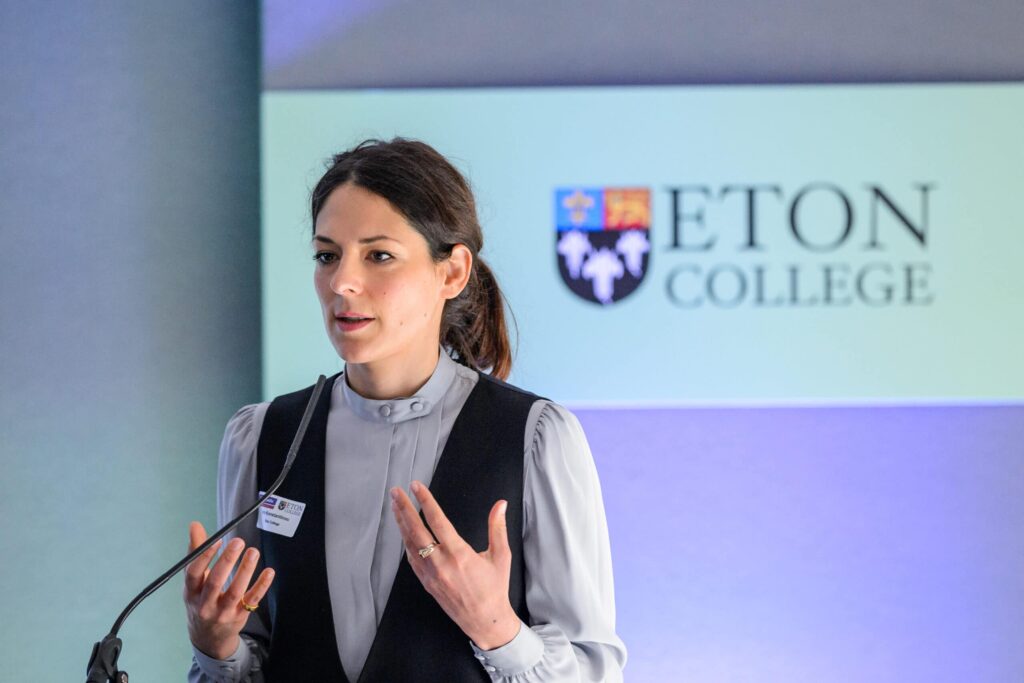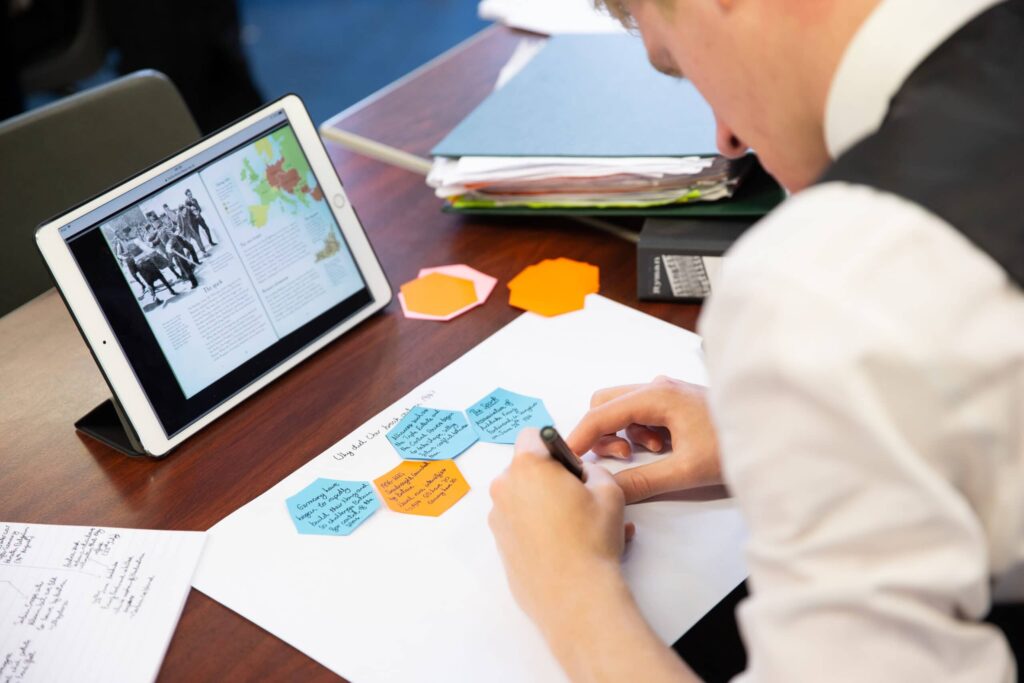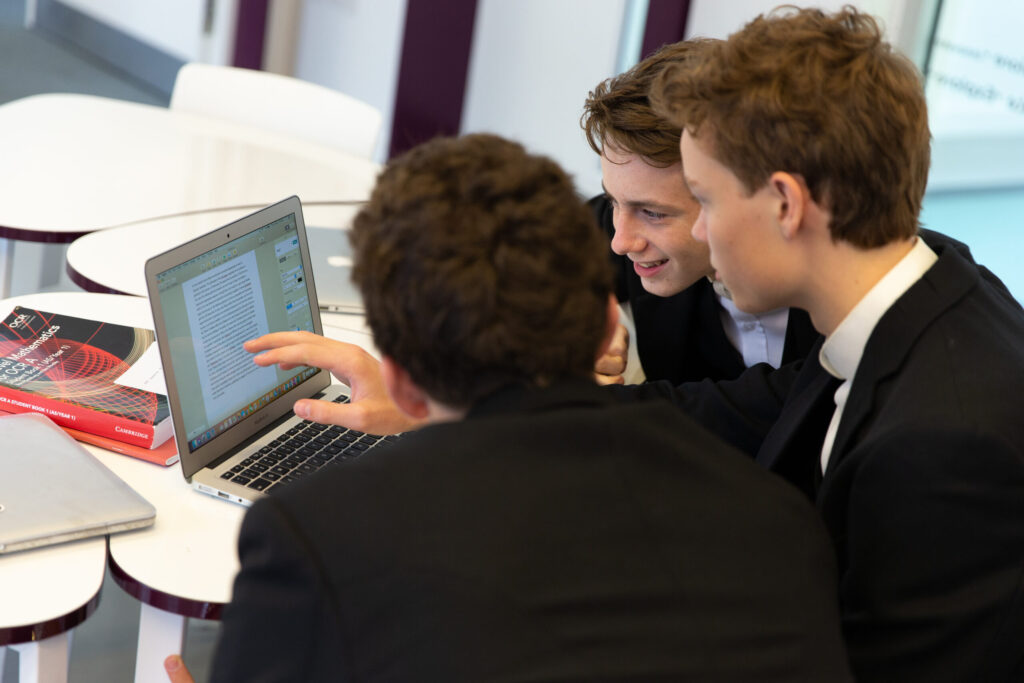The heterogeneity of classrooms, both in terms of academic ability, and increasingly in terms of cultural diversity, make the challenges of serving diverse learners an inevitable part of what teachers need to do. Tomlinson (2003) defines differentiated instruction as a philosophy of teaching that is based on the premise that students learn best when their teachers accommodate the differences in their readiness levels, interests and learning profiles. A chief objective of differentiated instruction is to take full advantage of every student’s ability to learn. In this sense, differentiation is not strictly speaking a way of teaching but an innovative way of thinking about teaching and learning. When teachers are thinking about teaching, therefore, they should take into account the pupils:
- levels of motivation
- cultural and life experiences
- aptitudes and interests
- emotional and wellbeing needs
Differentiation should not be about allocating more work but different work which caters for the needs and aptitudes of pupils, where a flexible environment, both spatially and intellectually, is adopted in the classroom. Even though the opinions differ; some educationalists believe that the level of the curriculum should match the differing capabilities of all students, perhaps a more pragmatic approach is the belief that different pathways should be given so that all pupils could reach their potential. In this sense, teachers should become both collaborators and facilitators (Heacox, 2002). A way which can ensure that effective differentiation techniques are employed in the schoolroom, is knowing your pupils. By understanding what they already know and what needs the different learners have, teachers can be better informed on:
- whether the needs of individual learners are met through the learning experiences given to them
- whether the learning experiences are necessary for everyone in the schoolroom
- how they can meet the needs of learners who have already understood the material and stretch them beyond that.




